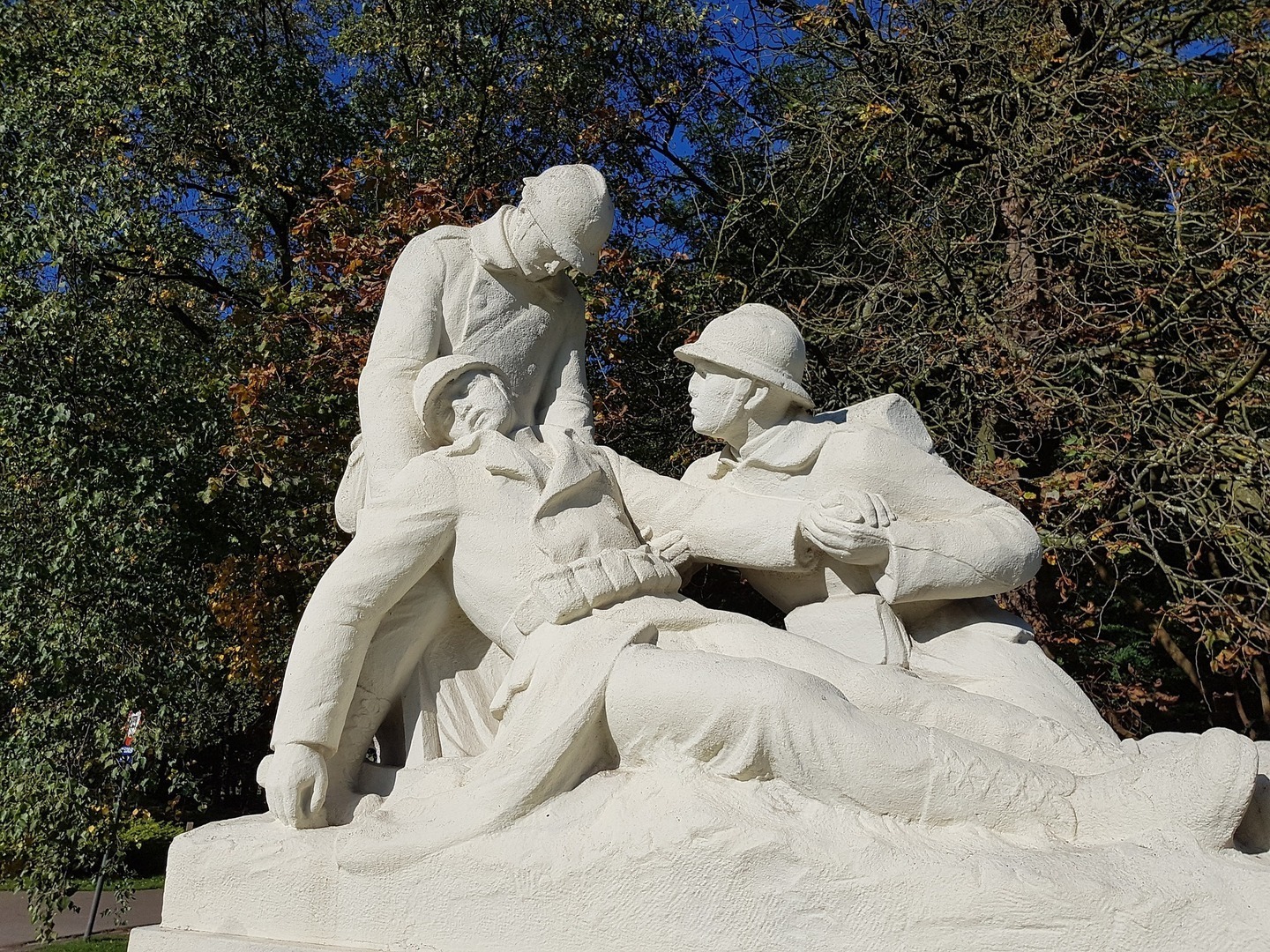State
Beneficiaries
Partner and children of a deceased person
Types of workers who are not entitled to the unemployment benefit:
- The rest of the relatives
Rates of the benefit
The amount of the ANW benefit varies by type of benefit and sometimes depends on the beneficiary’s income. The maximum benefit is 70% of the net minimum wage.
The cost denominator standard assumes that (adult) people who live together can share living expenses. Income of children aged 21 years or older undergoing training or study does not count.
If there is no other income, the beneficiary gets the full survivor benefit. If there is other incomes besides the ANW benefit then the benefit will be deduct from the survivor benefit in full or in part. Examples of other income include other benefits (such as WIA, WW), income from employment or income from their own business.
These earnings do not count towards the survivor's benefit:
- Survivors' benefits that you get from an annuity for your spouse;
- Benefits from a private or collective surviving dependents;
Interest income, dividends and savings.
Duration of benefit
The benefit will stop if:
- The beneficiary reaches the age at which he/her receives a state pension.
- The beneficiary remarries, enter into a registered partnership or start to cohabit. By cohabitation is the end of the benefit not immediately definitive. If the beneficiary decides to move back within 6 months, he/she gets the survivor benefit back.
- The beneficiary is no longer incapacitated for at least 45%.
- The beneficiary stays longer than 1 month in prison or a remand. After the beneficiary’s release, he/she can regain the survivor benefit.
- The beneficiary’s youngest child turns 18, leaves the house or goes to another household.
- If the beneficiary is going to live abroad. Whether the beneficiary’s survivor benefit ends, depends on the country where the beneficiary is staying.
- When the beneficiary dies. The beneficiary’s children at home or their caregiver receives a death benefit.
Claim procedures
The partner must have been insured under the National Survivor Benefits Act (ANW).
If the partner lived or worked on the day of death in the Netherlands, he or she is insured for ANW benefit. You can also qualify for a (partial) ANW benefit if your partner was insured under a survivor benefit in:
- A country of the European Union (EU);
- A country within the European Economic Area (EEA);
- A country with which the Netherlands has concluded an agreement on social security.
In addition, the beneficiary needs to meet at least one of the following conditions:
- She/he has a child under the 18 years old.
- She/he is unable to work for more than 45%.
Any beneficiary with a partner that lived in a joint household at the time of death may be entitled to the benefit. So even if the beneficiary is not married and cohabiting or living with a brother or sister.
Even if the beneficiary ex-partner dies, she/he may be entitled to an ANW benefit if she/he received alimony. The same conditions are applicable for other survivors. The benefit is never higher than the amount of alimony received.
If the beneficiary was married or was a civil partner, then the municipality informs the SVB the death of the beneficiary’s partner. Within two weeks the beneficiary will receive a letter from the SVB about the ANW benefit. Enclosed with this letter is a form where the beneficiary can request the survivor benefit.
If the beneficiary lived with a partner, but was not married or registered, then she/he needs to apply the ANW benefit and the SVB website. The beneficiary can also get the application form at the church or the funeral director.
Application Forms
http://www.svb.nl/int/nl/anw/wanneer_anw/hoe_vraagt_u_anw_aan/
Jurisdiction
SVB
Applicable Statutory Basis
BWBR0007795
